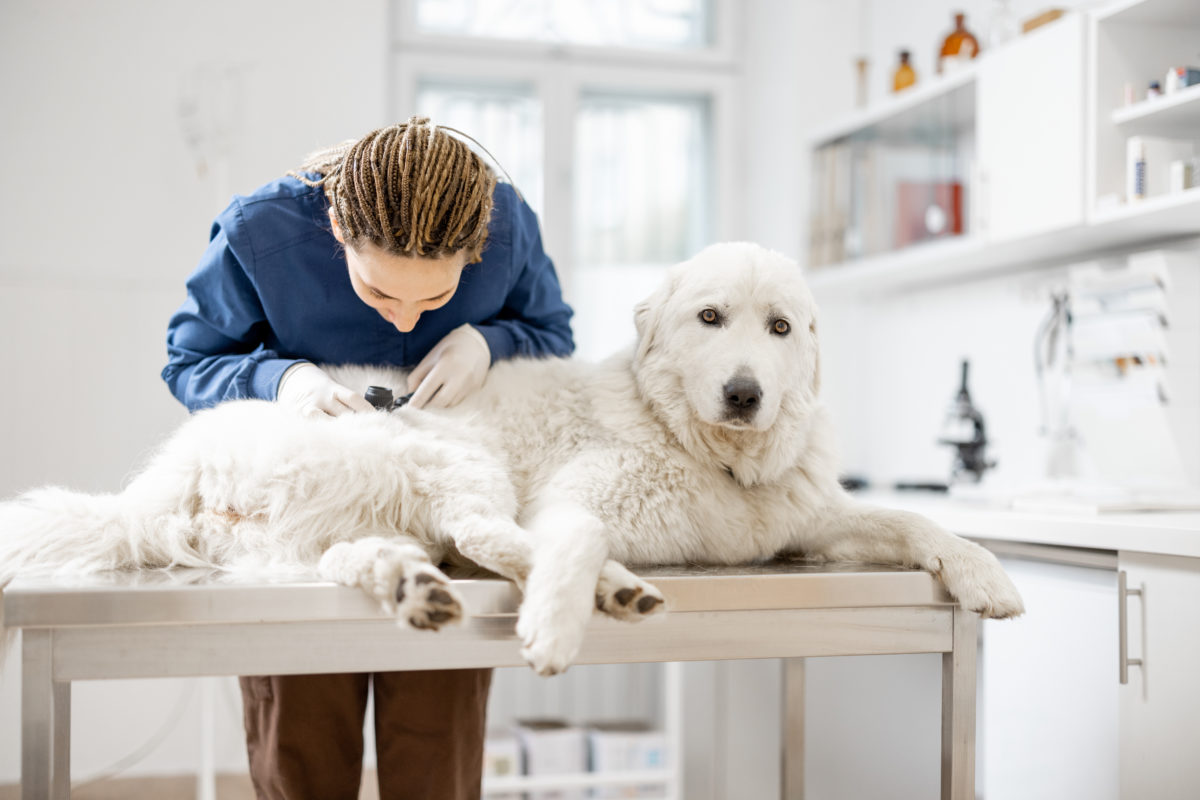As spring arrives, bringing with it an influx of allergens, many pet owners are likely to notice a rise in skin issues among their furry companions.
Managing Pet Allergies: A Comprehensive Guide to Comfort and Care
Pet allergies can be a significant hurdle for many animal lovers. Managing these allergies while maintaining a happy and healthy environment for both you and your furry friend requires a multifaceted approach. From adjusting their diet to implementing effective skincare routines and environmental changes, here’s a comprehensive guide to help you navigate the complexities of pet allergies.
1. Understanding Pet Allergies
Pet allergies are usually triggered by proteins found in a pet’s skin cells. These allergens can become airborne and settle on surfaces, causing reactions in sensitive individuals. Common symptoms include sneezing, runny or stuffy nose, itchy eyes, skin rashes and ear infection.
2. Adjusting Your Pet’s Diet
Diet plays a crucial role in managing allergies. While changing your pet’s food won’t eliminate allergens, it can reduce their severity and improve overall health. Consider the following:
- Hypoallergenic Diets: These are formulated to minimize allergen exposure and include novel proteins and limited ingredients to reduce the risk of allergic reactions.
- Novel Protein Diet: This refers to a diet that includes proteins your pet has not previously been exposed to, which can help identify and avoid potential allergens.
- Single Protein Diet: This type of diet contains only one source of protein. Be cautious with some foods that may contain chicken or chicken byproducts, as these can sometimes cause allergic reactions
- Omega-3 Fatty Acids: Incorporating omega-3s pet supplement into your pet’s diet can help reduce inflammation and improve skin health.
3. Implementing Environmental Changes
Your home environment can significantly impact allergy management. Here’s how to make it more allergen-friendly:
- Regular Cleaning: Vacuum and wash pet bedding frequently. Use allergen-reducing sprays on carpets and upholstery.
- Garden Safety: Avoid mowing the lawn while your pet is outside to prevent them from inhaling dust and allergens. Additionally, remove any weeds or plants that could cause skin irritation, such as Wonder Dew.
- Environmental changes: can trigger allergies in pets, especially if they are exposed to new types of grass or plants that they haven’t encountered before.
4. Skin Supplements for Pets
Skin supplements can help improve your pet’s skin health and reduce shedding, which in turn can lessen the amount of allergens in your environment:
- Fish Oil: Rich in omega-3 fatty acids, fish oil pet supplements can enhance your pet’s skin and coat health.
- Probiotics: These can support a healthy gut, which is linked to improved skin health and immune function.
- Vitamin E: Known for its antioxidant properties, vitamin E can also benefit skin health and reduce inflammation.
5. Choosing the Right Skin Care Products
When it comes to managing skin allergies, the right skincare products can make a big difference:
- Hypoallergenic Shampoos: Use shampoos formulated for sensitive skin to avoid irritation and reduce allergens.
- Medicated Shampoo: Use this during flare-ups to help manage secondary infections and soothe your pet’s skin until you can consult with your vet.
- Moisturizing Products: Consider conditioners or leave-in treatments that can soothe and hydrate your pet’s skin.
- Regular Grooming: Brushing your pet regularly can help reduce shedding and minimize the spread of allergens.
6. Ongoing Prevention Medication
In some cases, medication may be necessary to manage allergies effectively. Options include:
- Antihistamines: These can help alleviate symptoms like sneezing and itching.
- Monoclonal medication: to help stop dermatitis and itch, (injection or oral tablets )
Conclusion
Managing pet allergies involves a combination of dietary adjustments, environmental changes, skin care, and, in some cases, medication.
Take a proactive step by booking an appointment with us today. Together, we can create a comfortable and healthy environment for your pet.
Book an Appointment Today
About the Author:
Dr. Irene Mitry is the owner and founder of Clyde Veterinary Hospital, and a vet with a difference. She has not one, but two veterinary degrees, and an abiding passion for preventative pet care. Her life-long love for our animal friends shines through in everything she does, as her client testimonials show. Dr Mitry’s long-standing desire to bring this philosophy of care to life in her own purpose-built veterinary clinic led her to found Clyde Veterinary Hospital in 2018.




